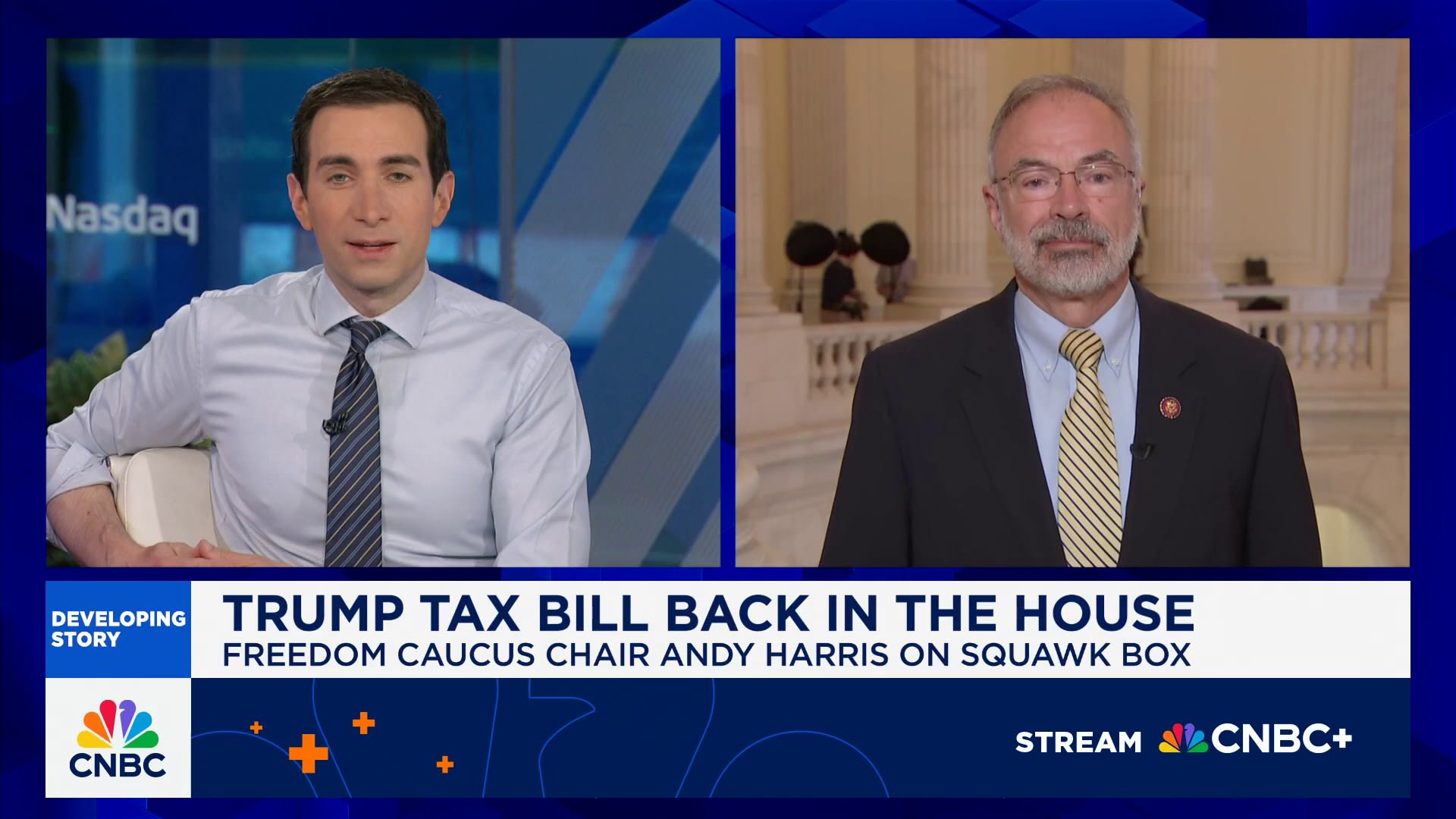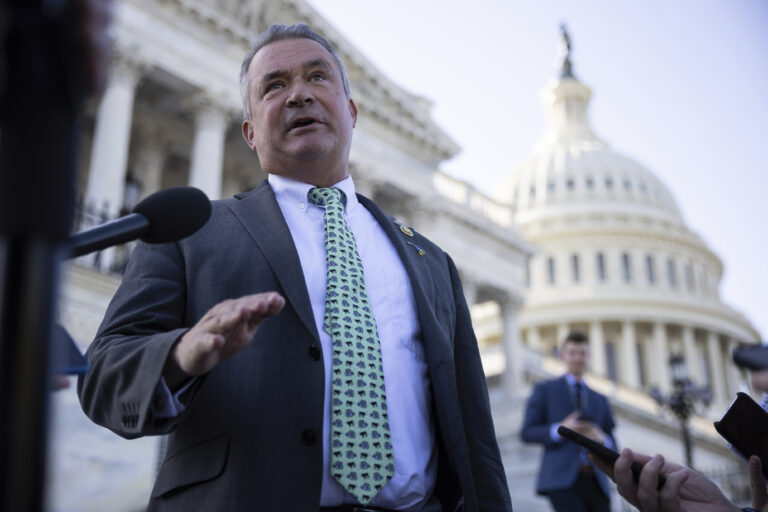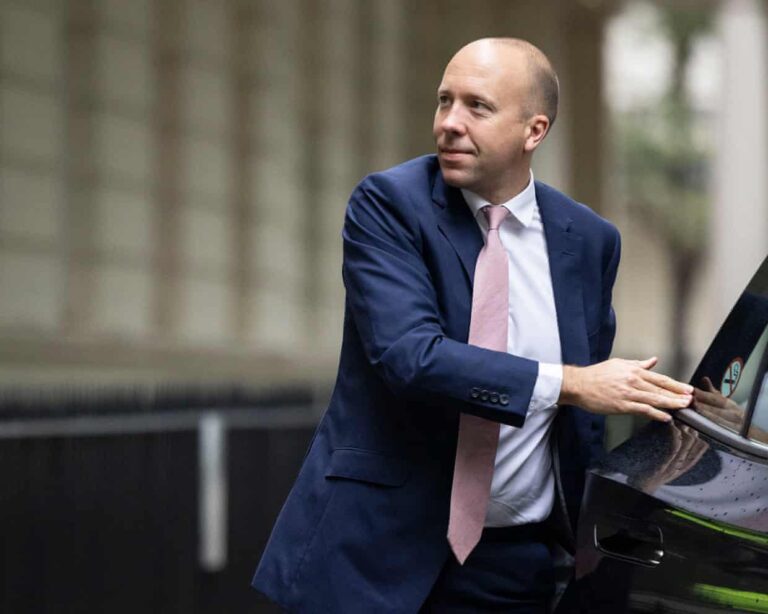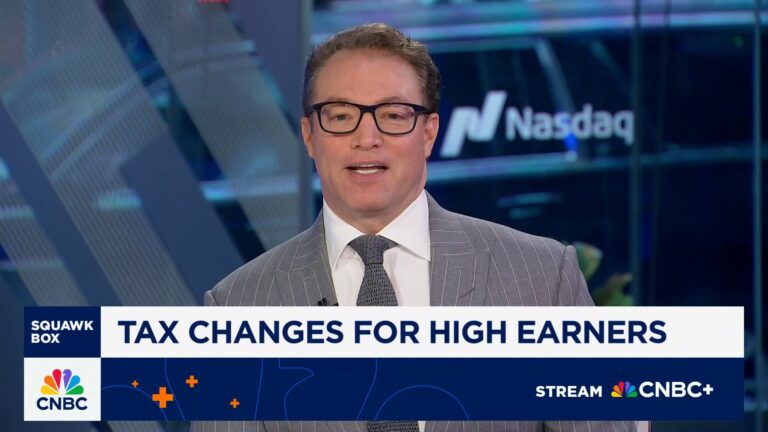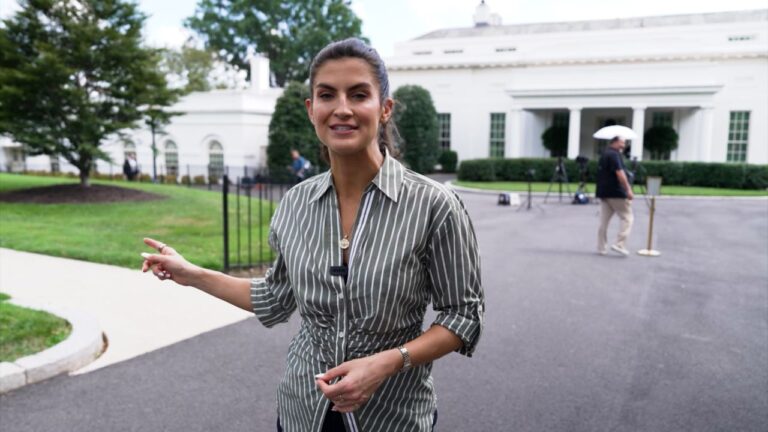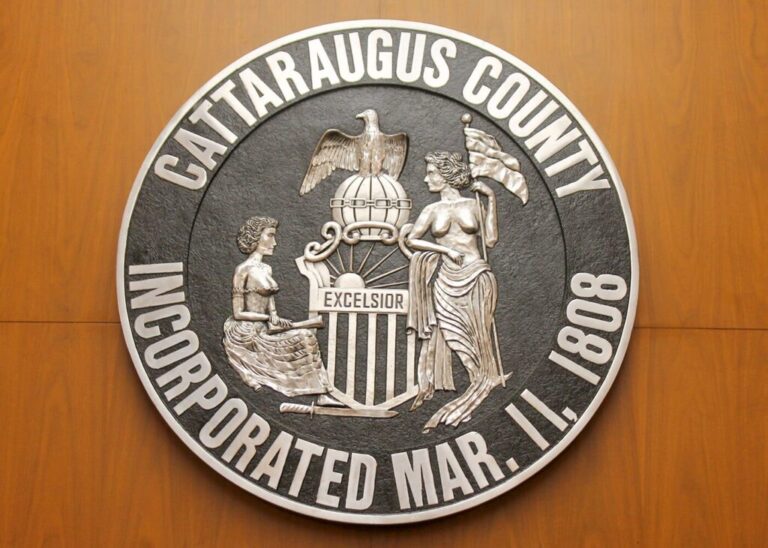House Freedom Caucus Chair Rep. Andy Harris (R-Md.) has voiced strong reservations about the proposed addition of $750 billion to the national deficit as part of President Trump’s tax and spending bill. Speaking on CNBC’s ‘Squawk Box,’ Harris expressed concerns over the fiscal responsibility of such a measure, especially given the already substantial national debt.
The discussion comes in the wake of the Senate’s passage of a version of the bill, which has stirred debate among lawmakers. Harris, a key figure in the House Freedom Caucus, has been vocal about the need for fiscal conservatism and has suggested that the current proposal may not align with these principles.
Key Concerns Over Fiscal Impact
Rep. Harris’s apprehension centers on the potential long-term economic implications of increasing the deficit. He argued that adding such a significant amount to the national debt “is probably not a good idea,” highlighting the potential risks to future economic stability.
“Adding $750 billion to an already large deficit and debt is probably not a good idea,” Harris stated, emphasizing the need for careful consideration of fiscal policies.
Harris’s comments reflect a broader concern among fiscal conservatives who worry that increasing the deficit could lead to higher interest rates and reduced investment in critical areas such as infrastructure and education.
Comparisons to Historical Fiscal Policies
This debate is reminiscent of past discussions on fiscal policy, particularly during times of economic uncertainty. Historically, large increases in national debt have prompted debates over the balance between stimulating economic growth and maintaining fiscal discipline.
For instance, during the 2008 financial crisis, the U.S. government implemented significant stimulus packages to revive the economy. While these measures were credited with helping to stabilize the economy, they also contributed to a substantial increase in the national debt, leading to ongoing debates about fiscal responsibility.
Potential Changes and Legislative Challenges
Rep. Harris has indicated that there are changes he would like to see in the current bill. While specific amendments were not detailed during the interview, Harris’s stance suggests a push for measures that would offset the deficit increase, possibly through spending cuts or revenue-generating initiatives.
The legislative process for the tax and spending bill is expected to be contentious, with negotiations likely to focus on reconciling differences between the House and Senate versions. The House Freedom Caucus, known for its strong stance on fiscal issues, is expected to play a significant role in these discussions.
Expert Opinions and Economic Outlook
Economists are divided on the potential impact of the proposed deficit increase. Some argue that in the current economic climate, increased government spending could provide a necessary boost to economic growth. Others caution that without careful management, the long-term consequences could outweigh short-term gains.
According to a recent analysis by the Congressional Budget Office, “Large and growing federal debt could have serious negative consequences for the nation, including increased interest costs and reduced national savings.”
As the debate continues, the focus remains on finding a balance that supports economic growth while ensuring fiscal responsibility.
Looking Ahead: Implications for Future Policy
The outcome of this legislative battle will have significant implications for future fiscal policy. If the bill passes with the proposed deficit increase, it could set a precedent for future government spending initiatives. Conversely, successful amendments to reduce the deficit impact could signal a renewed commitment to fiscal conservatism.
As lawmakers continue to debate the merits of the bill, the eyes of the nation remain on Capitol Hill, where decisions made in the coming weeks could shape the economic landscape for years to come.
For Rep. Andy Harris and his colleagues in the House Freedom Caucus, the challenge lies in advocating for a fiscal strategy that balances immediate economic needs with long-term fiscal health.





